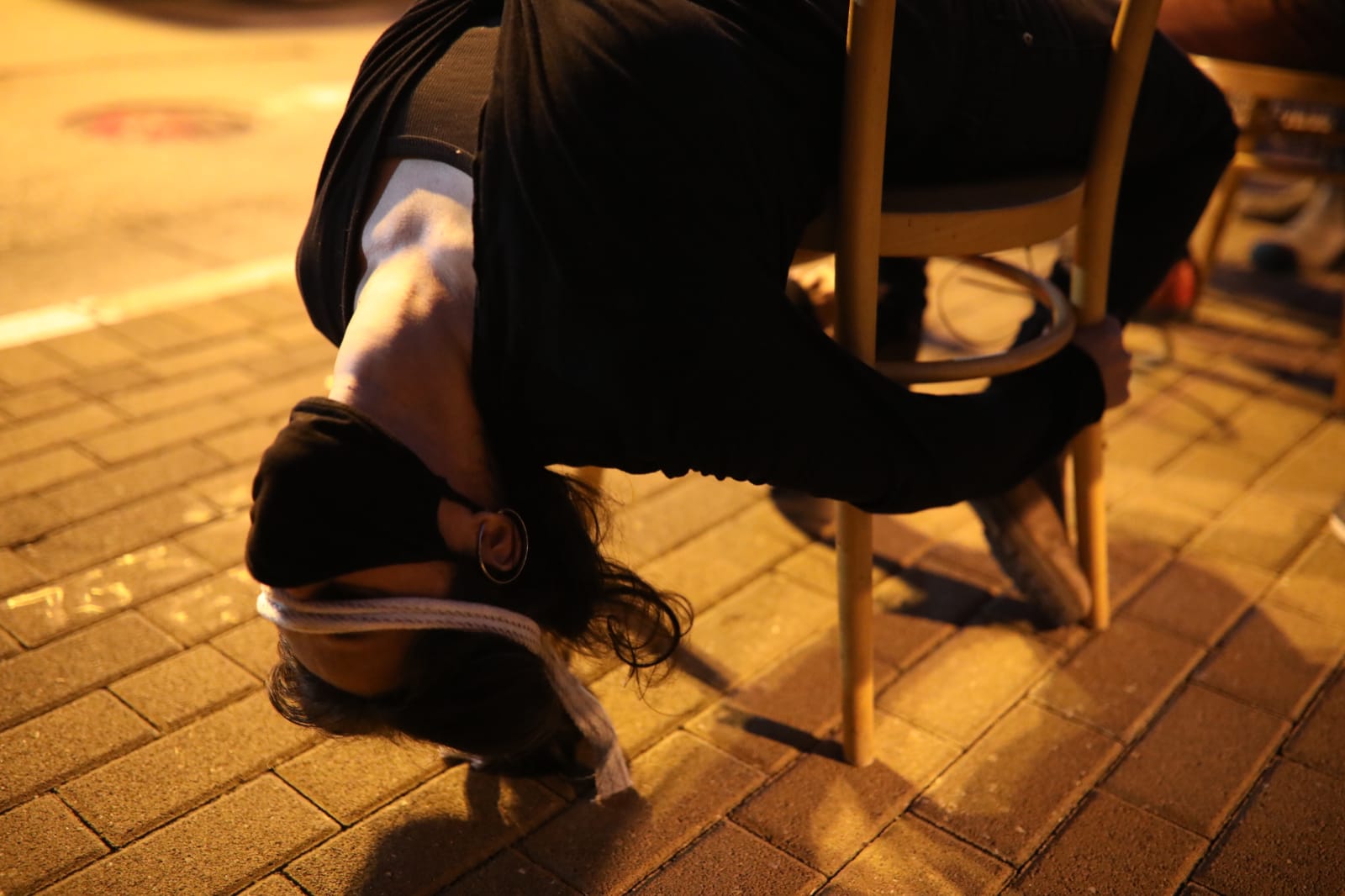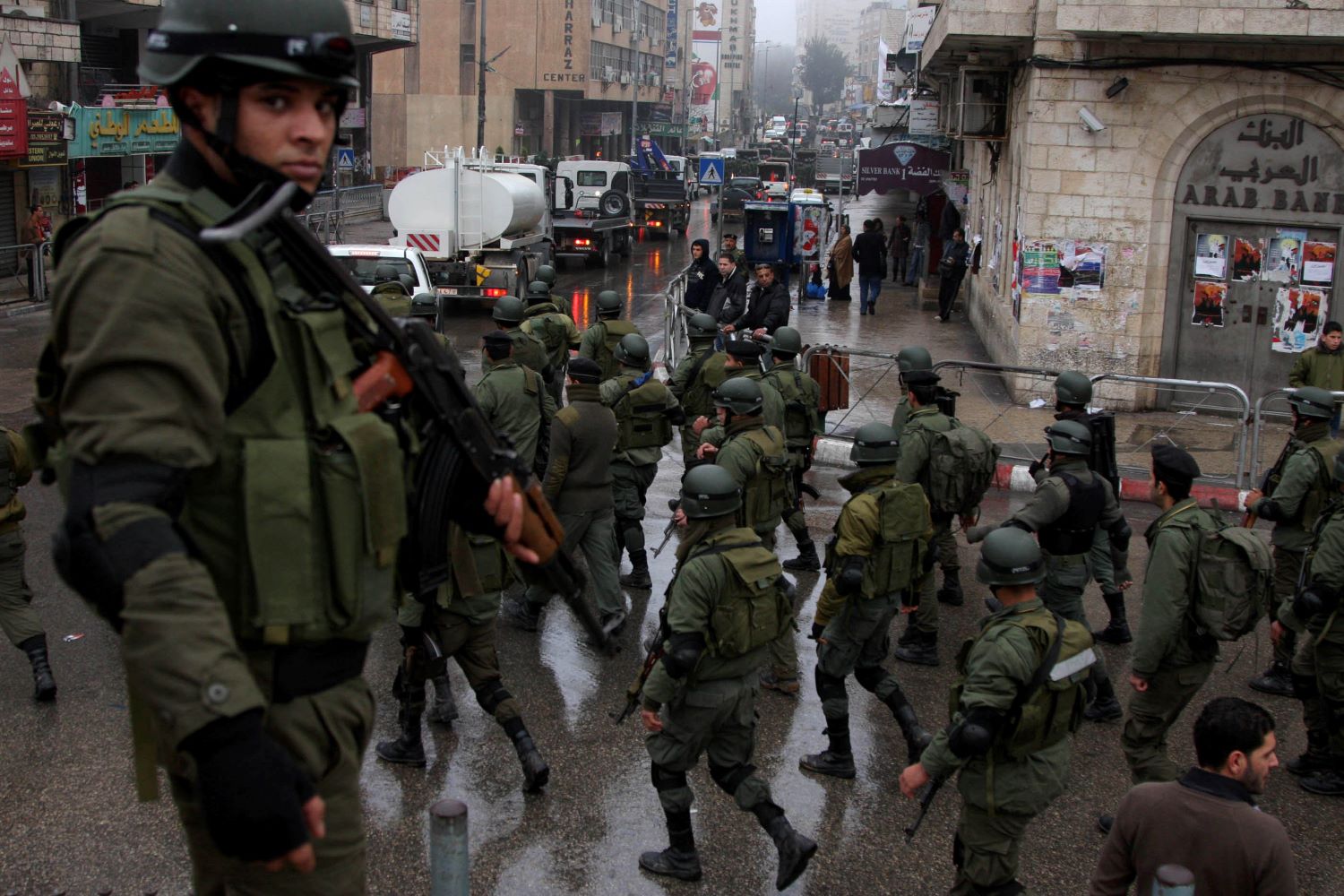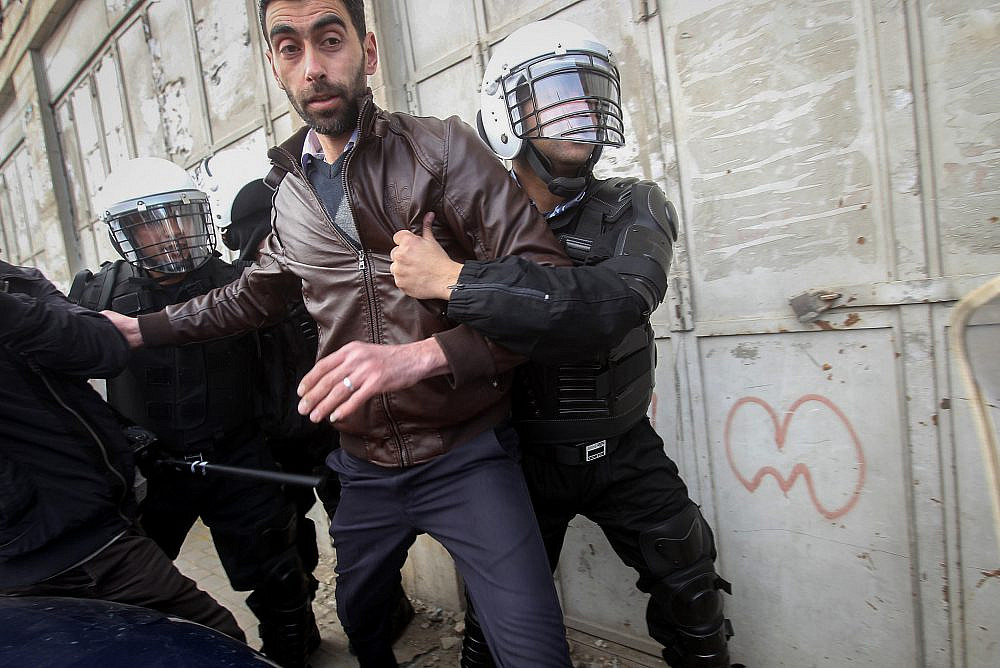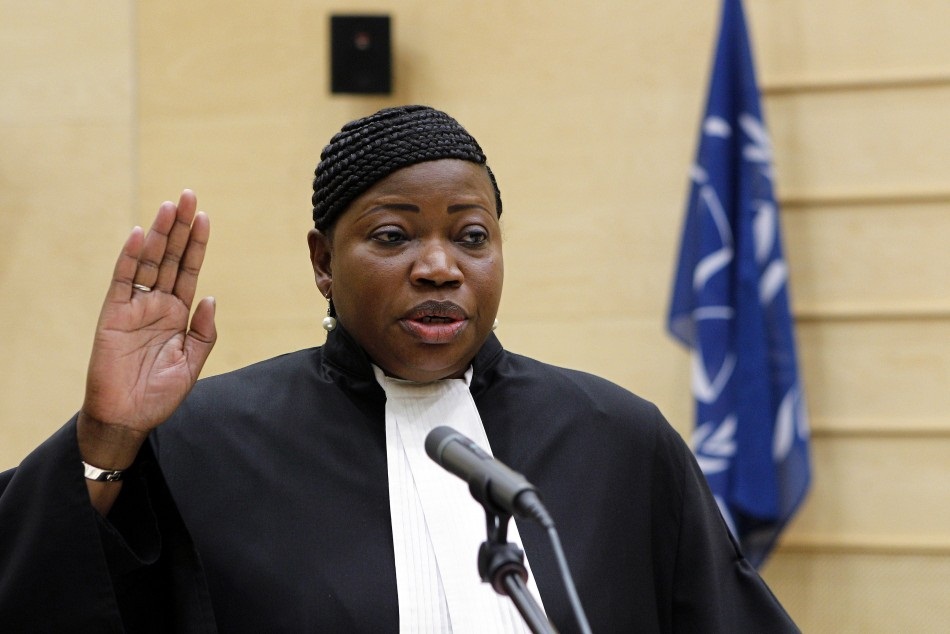In a now much-discussed decision, the pre-trial chamber of the International Criminal Court (ICC) confirmed that the chief prosecutor has the jurisdiction to investigate whether Israel, Hamas, or other Palestinian groups may have committed war crimes in the occupied territories. The judges reached this conclusion by recognizing a legal notion of Palestinian statehood which, in many ways, fulfilled the international community’s longstanding commitment to advancing a two-state solution.
Although a formal investigation has yet to be launched, the decision marks the beginning of a process in which the court can carefully examine evidence of alleged crimes — and it is hard to predict what its conclusions will be. What is nevertheless clear at this stage is that Chief Prosecutor Fatou Bensouda, who will be succeeded by British barrister Karim Khan in June, has already found reasonable suspicion that such crimes were indeed perpetrated.
These include Israel’s attacks on the Palestinian civilian population in Gaza, its long-term siege of the strip, and its policy of moving Israeli civilians into settlements in the occupied West Bank, including East Jerusalem. The prosecutor’s suspicions against Hamas and other groups include firing rockets at Israeli civilian targets, and various forms of violence against residents of Gaza as part of a campaign to crush local political dissent.
However, one question that has not been sufficiently discussed so far is why no suspicions are being directed at the Palestinian Authority itself. In the ICC’s current framing of its case, the PA is essentially cast in the role of the accuser, while the finger is pointed at Israel and Hamas. Yet, the actions of PA officials, too, have raised suspicions of crimes that fall under the Rome Statute. The most prominent of these is the PA’s use of torture and cruel, inhuman, and degrading treatment during interrogations of Palestinians.
If the ICC decides to investigate these crimes, it won’t only find that the PA is violating international prohibitions on these practices; it will expose the wider power structures that enable such violence in the first place, and thus shed an important light on the apartheid reality that exists in Palestine and Israel.
Torture as apartheid
Under the Rome Statute, torture and ill-treatment constitute war crimes when they are carried out in an “armed conflict” and “as part of a plan or policy.” When they are “part of a widespread or systematic attack against any civilian population,” they become “crimes against humanity.”
The Rome Statute even asserts that systematic or widespread torture can meet the definition of the crime of apartheid when “committed in the context of an institutionalized regime of systematic oppression and domination by one racial group over any other racial group or groups and committed with the intention of maintaining that regime.” An account of torture practices, still largely missing from the prosecutor’s agenda, can bring the ICC’s investigation closer to this structural issue.
For years, agents of the Palestinian Authority have participated in violent interrogations in three main contexts. The first is as subcontractors for Israel — either by arresting suspects and handing them over to Israeli authorities for torture, or by violently interrogating them on behalf of Israel. A second context is the use of violent interrogations for reasons that work against Israel’s perceived security interests, such as torturing Palestinians accused of collaboration with Israel’s intelligence services. The third context is the torture of political opponents of the PA government in Ramallah, from various Palestinian factions, to suppress local opposition.
Since 1967, Israel has been employing interrogation methods in the occupied territories that are prohibited under international law, some of which clearly constitute torture. The most common violations often reach the level of inhuman or degrading treatment, even if they fall short of the international understanding of the definition of “torture.”

Israel’s violent interrogations somewhat ebbed after Supreme Court President Aharon Barak’s celebrated 1999 ruling, which ostensibly rejected the previously accepted model of torture that was described as “moderate physical pressure.” But recent Supreme Court jurisprudence — specifically the Abu Ghosh (2017) and Tbeish (2018) decisions — in fact re-legitimized such “physical pressure” as part of Israel’s infrastructure of national security interrogations.
In both cases, the former Palestinian detainees petitioned the Supreme Court after they were subjected to violent treatment during their interrogation, and demanded that the Israeli interrogators be prosecuted. The court, however, ruled that their treatment did not reach the level of “torture,” giving a very narrow interpretation of the term while setting evidentiary standards that make it extremely unlikely to hold interrogators accountable.
In Tbeish, Justice David Mintz even appeared to accept that “torture” — the word itself was denied for decades — may be practiced in circumstances of “necessity.” The explicitness of this proposition was so unprecedented that it may have been a slip of the pen, saying out loud what everyone had always known.
The consequences of these rulings were made clear last month, when the Israeli Attorney General refused to press charges against interrogators who had severely maimed detainee Samer Arbeed in what could have only been the result of torture. Israel has even allegedly directed similar violent interrogations against Jewish terror suspects in recent years, such as the arsonists who murdered members of the Dawabshe family in the West Bank village of Duma. These interrogations of Israeli suspects, if conducted within the occupied territories themselves, may also be caught in the prosecutor’s net.
A shared infrastructure
If the ICC prosecutors choose to look into these crimes, they will inevitably realize that the infrastructure for torture is at least partially shared by both Israel and the Palestinian Authority. They will find that the would-be sovereign Palestinian state has adopted and implemented interrogation methods that the Israeli occupation has directed over the years against Palestinians. In turn, the prosecutors will find it necessary to assess instances of direct collaboration between Israel and the PA in carrying out torture and inhuman treatment.

This relationship around torture muddies the picture that paints the PA simply as the accuser, and Israel and Hamas as the accused. In fact, it reveals a hierarchical and multi-organed system of domination; one that subjects the entire population within the occupied territories to political oppression.
The ICC may have established its jurisdiction on the basis that Palestine is a “state” under international law; but this recognition of statehood contradicts the “one state reality” that exists on the ground, in which Israel and the Palestinian Authority are not entirely separate entities. An investigation into torture and crimes during interrogations can push that reality further into the ICC’s perspective, which may otherwise be premised on a fiction of Palestinian independence.
This analysis is gaining traction. Recently, the human rights group B’Tselem accused Israel of promoting an apartheid regime from the Jordan River to the Mediterranean Sea. This accusation is anything but new; it comes following years of similar accusations by Palestinian, international, and Israeli organizations, scholars, and activists. The crime of apartheid has also been charged in submissions to the ICC prosecutor, demanding that Bensouda not just focus on crimes committed during wartime, but launches an investigation into Israel’s establishment of a racially oppressive regime.
One should not bet that the ICC will end up charging Israeli actors with perpetrating apartheid; the way the definition is formulated, with the emphasis on an intention to maintain systematic racial oppression, makes the crime extremely hard to prove, even when putting aside its political valence.
Even so, the closer the ICC comes to scrutinizing the structural elements of domination in the occupied territories, the more important its investigation will ultimately be in countering the apartheid realities on the ground. It would be wrong for the court to bifurcate individual criminal responsibility from Israel’s larger project of solidifying non-democratic rule in the territories under its rule. As it stands, the ICC prosecutor’s agenda in Palestine risks doing exactly that. Investigating the shared infrastructure of torture is a crucial way to strengthen that scrutiny.
A version of this article was first published in Hebrew on Local Call. Read it here.


